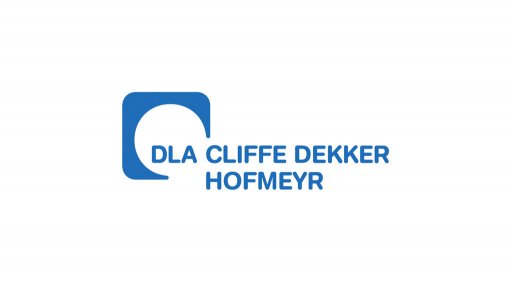
In two recent cases decided in the Supreme Court of Appeal (SCA), namely, Willow Waters Homeowners Association (Pty) Limited v KOKA NO and others[2015] JOL 32760 (SCA) and Cowin NO v Kyalami Estate Homeowners Association (499/2013) [2014] ZASCA 221, the SCA was asked to consider:
- whether registered title conditions which prohibit the transfer of residential property without a clearance certificate or consent from the relevant home owners' association (HOA) amount to real rights (ie enforceable against all third parties) or personal rights (ie enforceable against only the landowner); and
- whether such title deed conditions are binding on liquidators.
In both cases the landowners (one being a company, the other being a private individual) failed to make the regular levies payments charged by the HOA and were later declared insolvent. In both instances, the landowners had bonded their properties to financial institutions, which financial institutions had in turn obtained judgments against the insolvents and sought to limit their losses through sales in execution of the properties. Upon conclusion of the individual sale of property agreements with third parties, the liquidators approached the respective HOAs for a clearance certificate, for purposes of giving effect to transfer. The HOAs refused to provide such certificates until such time as the arrear levies were settled.
In arriving at its conclusion, the SCA considered the two questions posed above and held that ownership consists of a bundle of rights and competencies which includes the right to use and dispose of the property. The restrictive title deed conditions however took away from the owner's dominium by restricting the right to dispose of the property freely, thus subtracting from the dominium of the land. Furthermore, the court held that, given that the ownership of the property was subject to landowners agreeing to the HOA rules, and the creation of the restrictive title deed conditions, there was a clear intent for the restrictive conditions to be binding on all.
The court further dismissed the argument proposed by the liquidators that the stance adopted by the HOA to not issue a clearance certificate prejudiced the balance of the creditors, particularly the rights of the bondholders, who were secured creditors. The SCA reasoned that sequestration may not be ordered unless it is shown to be advantageous to the creditors. Given that the role of the HOA is similar to those of municipalities in terms of the Local Government: Municipal Systems Act, No 32 of 2000 or a body corporate in terms of section 15B(3)(a)(i)(aa) of the Sectional Titles Act, No 95 of 1986, the court held that there is 'no basis' to deprive the HOA from the protection afforded to municipalities and body corporates.
Apart from providing certainty in respect of the rights of the HOA, the above cases have wide reaching consequences which are noteworthy, namely:
- HOAs now enjoy the same level of protection afforded to municipalities and body corporates in respect of outstanding debts and may withhold clearance certificates until such time that the arrear levies have been paid;
- Liquidators are bound by the restrictive conditions imposed for the benefit of HOAs and will have to factor in these costs when negotiating the sale of immovable property in an insolvent estate; and
- Bondholders should be mindful of the rights of HOAs when seeking an order for the sale in execution of properties.
Written by Tricia Tsoeu, Candidate Attorney, Real Estate practice, Cliffe Dekker Hofmeyr. Overseen by Nayna Parbhoo, Director, Real Estate, Cliffe Dekker Hofmeyr